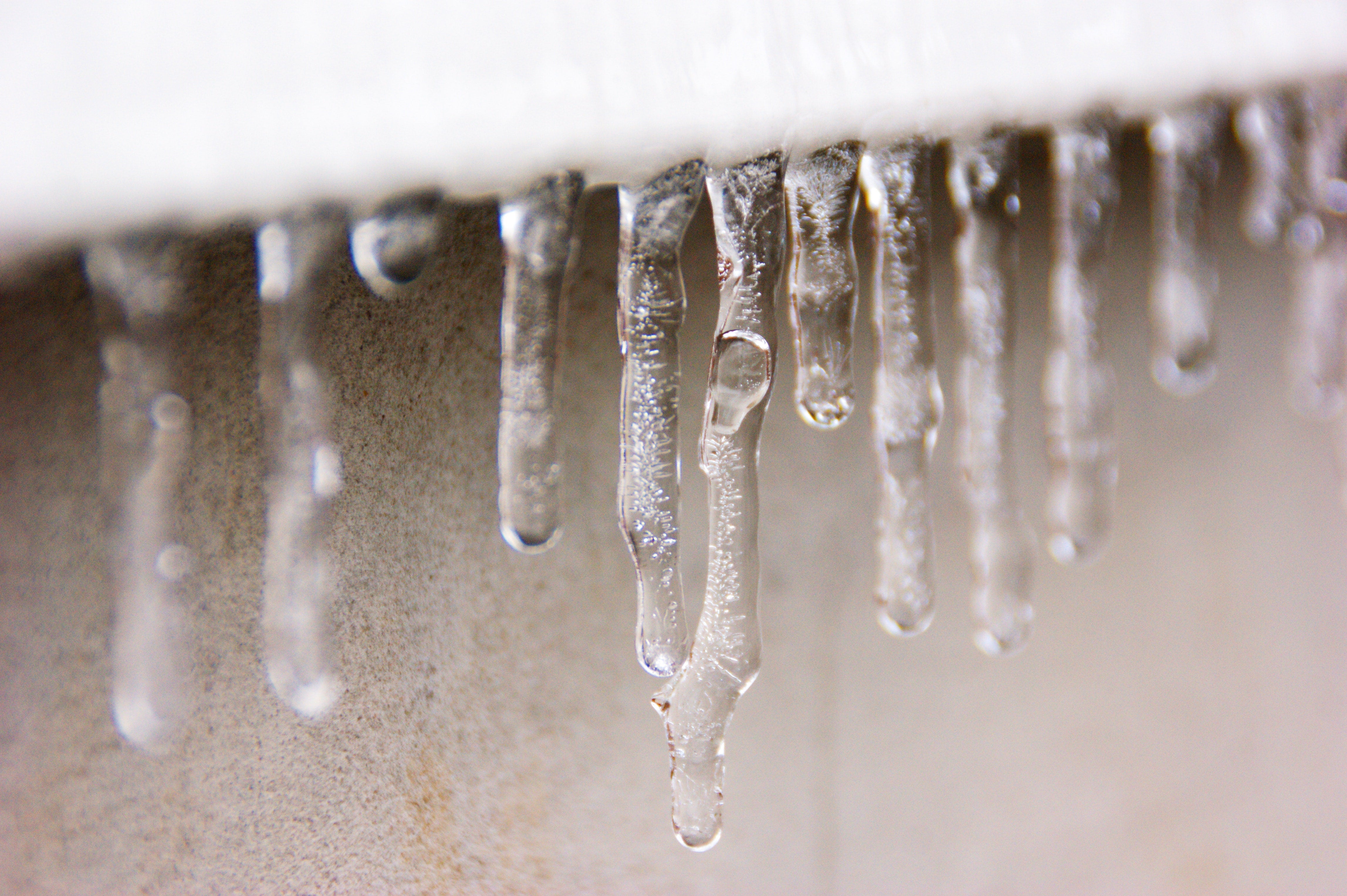
What to Do with Your Pond During a Short Freeze
The weather channel is projecting a short snap of freezing temperatures, but what does that mean for your pond? This is a more complex question than what it seems. Understanding temperature, pond depth, and fish as factors in your situation will help you determine what is needed when it comes to your pond.
Temperature
When watching the weather channel, the temperature will always be explained in terms of the air temperature. It is important to recognize the difference between the air and the temperature of your water as you are planning for a freeze. When water temperature reaches 40°F (4°C), the surface of the pond will begin to freeze. If the weather channel is projecting that the air temperatures will reach 40°F as the low for a day, water temperatures will likely not reach the same temperature, and even more unlikely still to completely freeze over.
Depth of Pond
Another factor to consider when a short freeze is approaching is the depth of your pond. The more shallow the pond, the more likely the water temperature will drop quickly. The ground around around the pond acts as a natural insulator keeping the pond warmer. The deeper the pond the less you will have to do in a short freeze.
Fish
If you own a fish pond, a short freeze can be more stressful to consider as you determine how to care for your fish. If you are planning to keep your fish in your pond all winter long, during a short freeze you will want to turn off your pond pump as to not circulate the cold surface water into the warmer bottom. If you are planning on bring your fish inside for the winter you might not be ready in time for the short freeze. Based on the factors of water temperature and depth of your pond, you can likely wait until after a short freeze to bring your fish indoors. Ultimately, it is best for the stress level of your fish not to have fluctuations in the temperature of the water they are in dramatically, so ideally when the first freeze comes no matter how short it would be best to bring them indoors before then until spring.
Now that you have considered the three primary factors for a short freeze, you can determine the best course of action for your pond setup. Now that you are considering winter preparation, you might also want to read a bit more about how to winterize your pond here.


